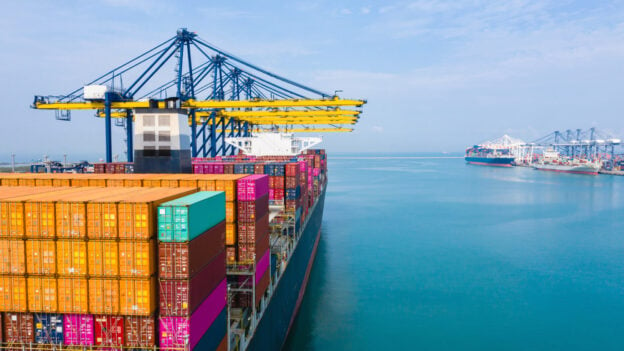Inspenet, September 27, 2023.
Changes for the maritime industry
From January 2024, the European Union (EU) maritime industry will be immersed in the Emissions Trading Scheme, marking a milestone in the EU’s efforts to tackle polluting emissions. This means that ships will have to take responsibility for the costs related to their carbon emissions .
Shipping lines such as MSC and Maersk could face considerable bills, possibly reaching hundreds of millions of dollars. To illustrate this situation, DNV points out that the cost of emissions from a single container ship operating routes between Europe and Asia could rise to US$864,500 next year. In the next two years, it is anticipated that companies will have to cover an even greater percentage, which could result in even higher costs.
It is important to highlight that in the first year, only 40% of the emissions that meet the criteria will be taken into account.
This innovative emissions trading system extends to vessels with a gross tonnage equal to or greater than 5,000 tonnes and is applied in ports in the European Union (EU) and the European Economic Area.
No guarantees
Despite these changes, tariffs are unlikely to be high enough to motivate an immediate transition to cleaner energy sources. This is because it could be cheaper for shipping companies to use polluting fossil fuels and bear the costs associated with emissions rather than investing in more expensive biofuels.
It is important to highlight that in recent years, fuel prices have experienced significant fluctuations that have far exceeded carbon rates.
Another relevant aspect is that in 2025 the (EU) regulation known as FuelEU Maritime will come into force, which will establish maximum annual limits for the intensity of greenhouse gases generated by the energy used in ships. These limits will become more stringent over time, which should encourage shipping companies to adopt cleaner energy sources.

